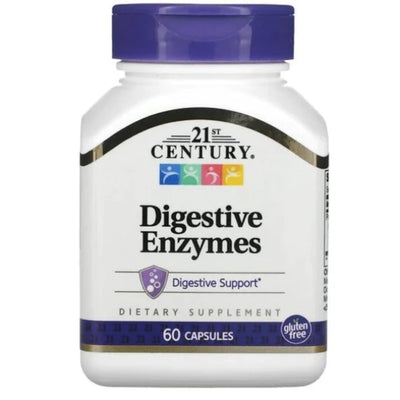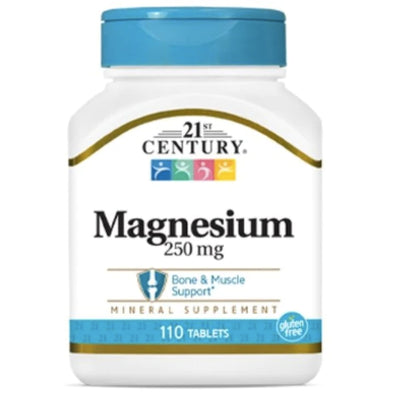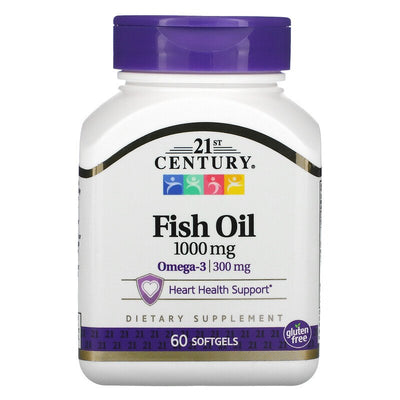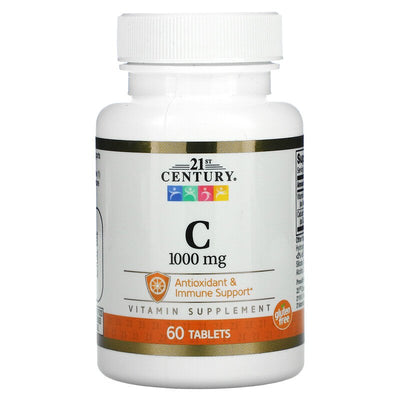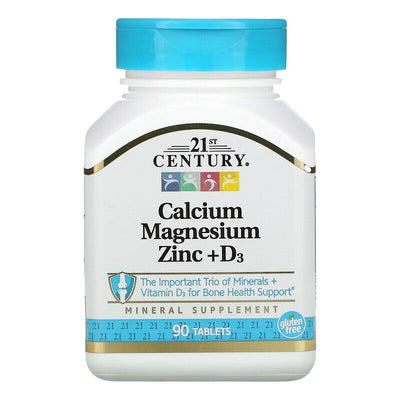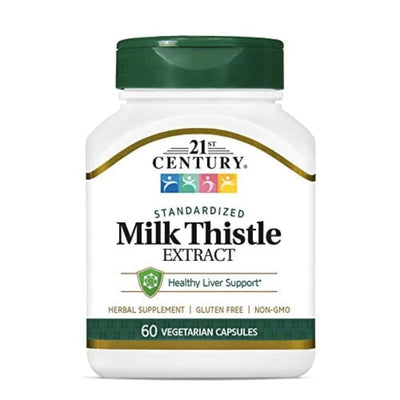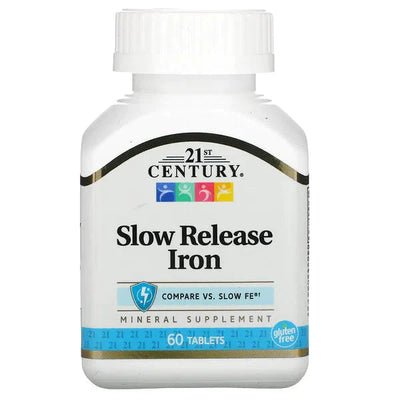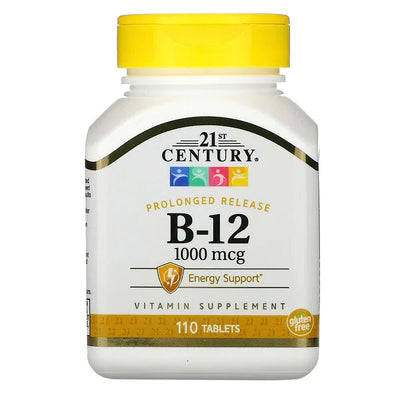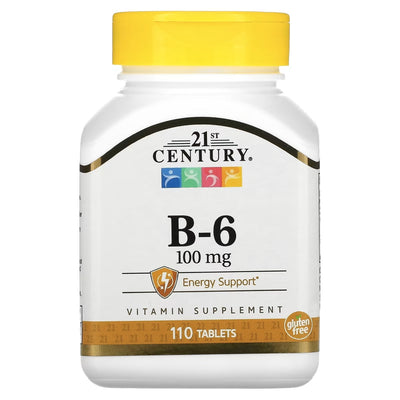Fit & Fueled: Your Guide to Common Workout Supplements
In this comprehensive guide, we'll explore the essential supplements that can elevate your fitness journey - from whey protein, a complete muscle-building powerhouse, to creatine, the energy enhancer, and BCAAs, the muscle recovery marvel.
Each of these supplements serves a distinct purpose, and understanding how they work can help you maximise their benefits. So, let's dive in!
The Power of Whey Protein
Top of mind for many fitness enthusiasts, whey protein is a supplement that has been extensively studied and proven to have numerous benefits. Made from milk, it contains all the essential amino acids needed for muscle growth and repair, making it a complete protein source that's perfect for those looking to increase muscle mass.
Unlike other protein sources, whey is easily digested and absorbed by the body, as well as help promote an anabolic state in the body, which is necessary for muscle growth. It's also beneficial for weight management, as consuming whey protein can increase satiety and reduce hunger cravings.
Whey protein is beneficial for those looking to increase their muscle mass, including athletes, bodybuilders, and even those just starting on their fitness journey. The general recommended dosage of whey is 20-50 grams per serving, but depending on one's fitness goals and body weight, this may vary.
The Energy Enhancer: Creatine
Creatine helps regenerate ATP (adenosine triphosphate), the body's primary source of energy, which, during high-intensity workouts, can quickly become depleted. With creatine supplementation, individuals can increase their muscle stores of ATP so they can perform better during short but intense bouts of exercise.
Studies have shown that creatine supplementation can lead to an increase in strength and power output, as well as overall muscle mass. It's particularly beneficial for those engaging in activities such as weightlifting, sprinting, or high-intensity interval training. Notably, the NCAA and International Olympic Committee (IOC) have deemed creatine safe for use in athletes.
The recommended dosage for creatine is typically up to 20 grams per day for the first week, followed by a maintenance dose of 3-10 grams per day.
However, it's essential to note that creatine supplementation may not be suitable for everyone, so consulting a healthcare professional before use is recommended.
BCAA (Branched-Chain Amino Acids): The Muscle Recovery Marvel
BCAAs are essential amino acids that cannot be produced by the body and must be obtained through diet or supplementation. They make up about 35% of our muscle tissue and play a crucial role in protein synthesis or the process of building muscle mass. During intense workouts, BCAAs can also be used as an energy source, helping to delay fatigue and improve overall exercise performance.
Research has shown that BCAAs may be beneficial for reducing muscle soreness and promoting muscle recovery after exercise. BCAAs do this by inhibiting enzymes that break down muscle protein, thus reducing muscle damage. It's particularly useful for endurance athletes, as well as those wanting to preserve and build lean muscle mass.
The recommended dosage for BCAAs will depend on why you're taking them, the activities you're engaging in, and your body weight. For general muscle recovery, a typical dose is 3-5 grams per serving, taken before, during, and after a workout.
Beta-Alanine for Extra Endurance
Beta-alanine, a non-essential amino acid that our bodies produce, is a game-changer in boosting our physical performance. It steps in and increases carnosine levels in our body to delay muscle tiredness. Carnosine is essentially a protein building block that acts as an intramuscular buffer, preventing lactic acid from accumulating in the muscles during exercise. With more carnosine, our muscles have greater power output, allowing us to push through tough workouts without feeling fatigued.
The typical recommended dosage is 2 to 5 grams per day, taken with meals to make it easier for the body to absorb. You can mix beta-alanine with other supplements, including creatine and BCAAs, to create a powerful pre-workout stack. Protein supplementation is necessary when taking beta-alanine so the body can effectively use the amino acid for muscle building and recovery.
Take Action Towards Your Fitness Goals Today!
Now that you're equipped with knowledge about how these commonly used workout supplements work, it's time to take action! Remember that proper nutrition and exercise are key components in achieving your fitness goals, and supplements should only be taken as an addition to a healthy lifestyle. Visit our online store today to browse our range of premium quality supplements and start your journey towards a healthier, fitter you!
Share







